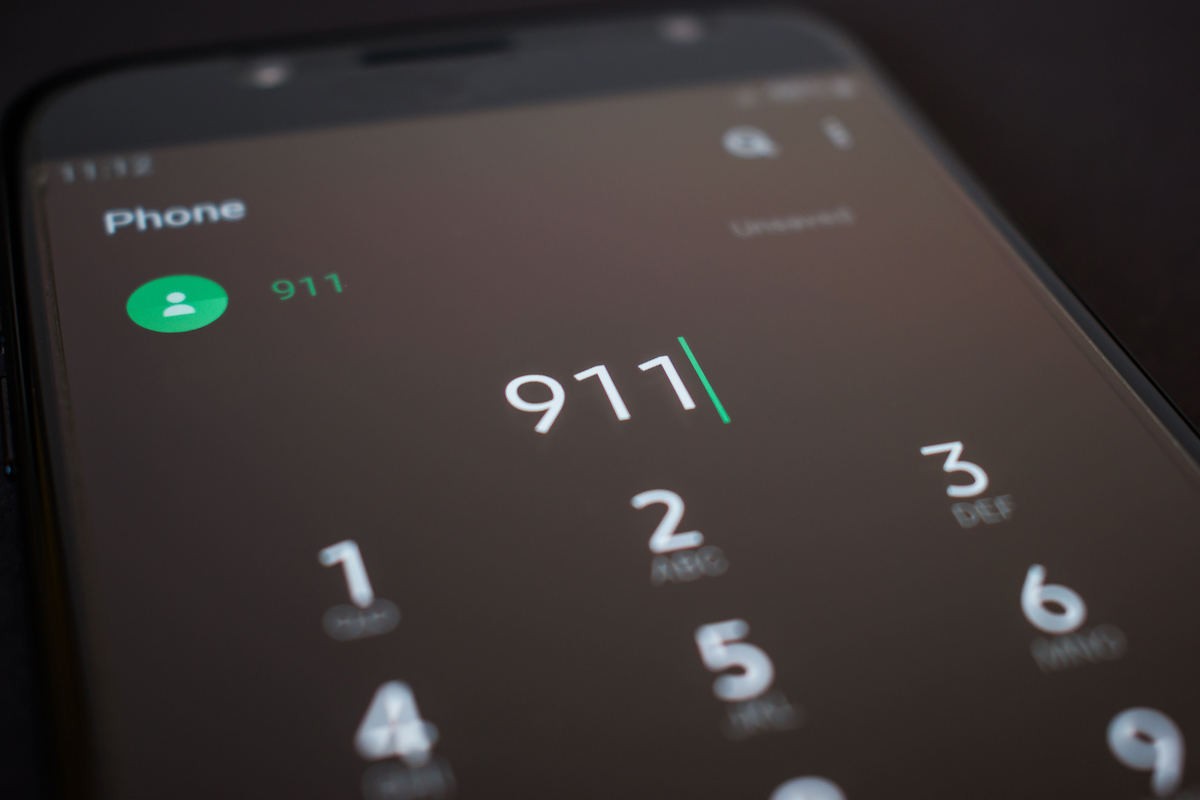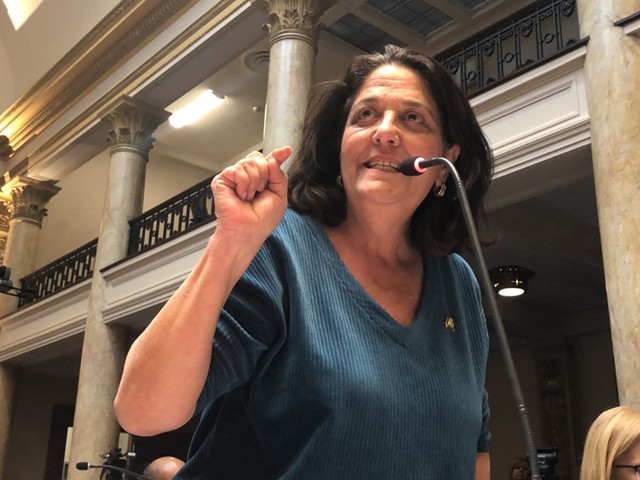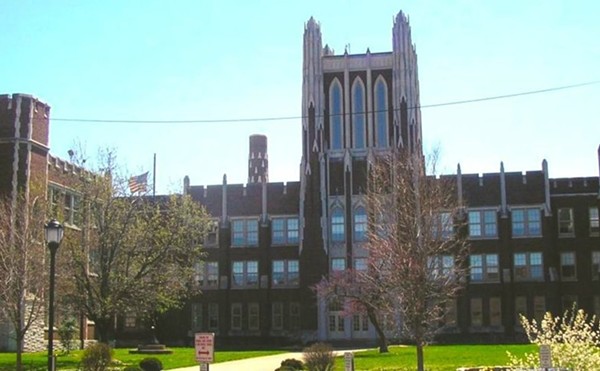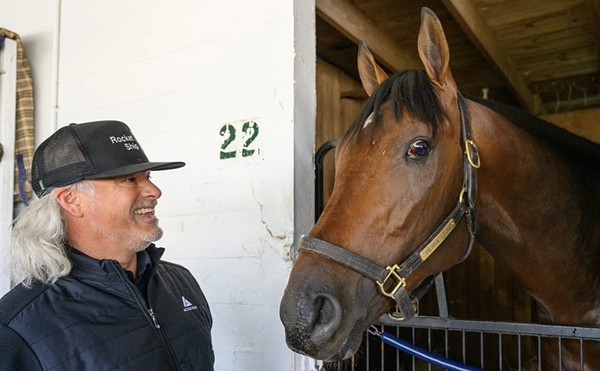A program for a non-police response to some behavior-related 911 calls that was launched one year ago will be expanded to cover the entire city, but will still only operate during limited hours, Louisville Mayor Craig Greenberg announced on Tuesday.
The Crisis Call Diversion Program was previously operational in Louisville Metro Police Department’s 1st, 2nd, 3rd and 4th Divisions, but will now be active in all eight police divisions. However, due to long-running staffing shortages, the program will still only run between 2 p.m. and 10 p.m.
“Sometimes when police officers respond to these calls, it becomes clear that what those individuals need really isn’t a police officer. They need a social worker, they need a trained mental health professional who can help with problem-solving, de-escalation and possibly make referrals to appropriate community services,” Greenberg said during a press conference at Metro Hall on Tuesday afternoon.
Expanding the program was one of the 36 specific recommendations made by the US Department of Justice earlier this month in its scathing 90-page report on LMPD’s pattern of civil rights violations and unlawful policing practices. One of the seven key findings of the DOJ listed in the report was that “Louisville Metro and LMPD discriminate against people with behavioral health disabilities when responding to them in crisis.”
The report also described incidents where LMPD officers mocked, harassed and used derogatory language towards people with behavioral health issues.
Greenberg said the move to broaden the diversion program was “aligned with the recommendations” of the report.
“We are not waiting. We are moving full speed ahead,” he added.
The 911 diversion program was launched one year ago today under former Louisville Mayor Greg Fischer. His administration said it would explore options for non-police responders as part of a series of reforms announced alongside the $12 million financial settlement with the family of Breonna Taylor, who was killed during a botched LMPD raid three years ago this month.
Under the program, behavioral health calls to 911 are triaged and diverted to trained “crisis triage workers.” If the issue cannot be resolved over the phone, unarmed, civilian responders can be dispatched to the location.
However, some behavior-related calls — such as if the individual is in physical possession of a weapon, making threats of violence or is intoxicated “to the extent requiring medical intervention” — do not qualify for diversion and will continue to be routed to the police, the city said last year.
Since it was launched a year ago, the deflection program has fielded 1,200 calls, Greenberg said on Tuesday.
Greenberg also presented the diversion program as a tool that will free up police for other duties and said in its first year, the program saved the police force 350 hours.
While the city wants the program to operate 24 hours a day, seven days a week, Greenberg did not lay out a timeline for that expansion.
“I think eventually we’d all like to get there. I think it’s incremental steps to get there,” he said.
The mayor blamed the limited operations on a shortage of workers and encouraged people looking for a new career to reach out to Seven Counties Services, the company hired by the city to staff the deflection program.
To learn more about the non-police response program, check out LEO Weekly’s deep dive on its pilot project from last July.






